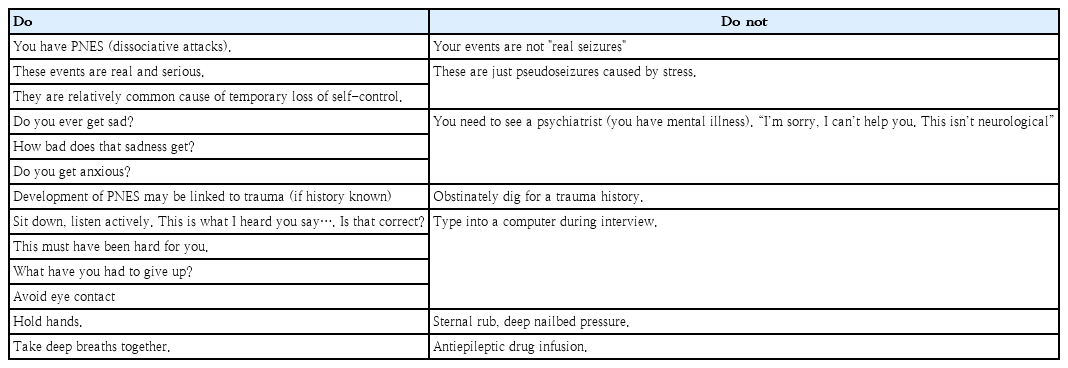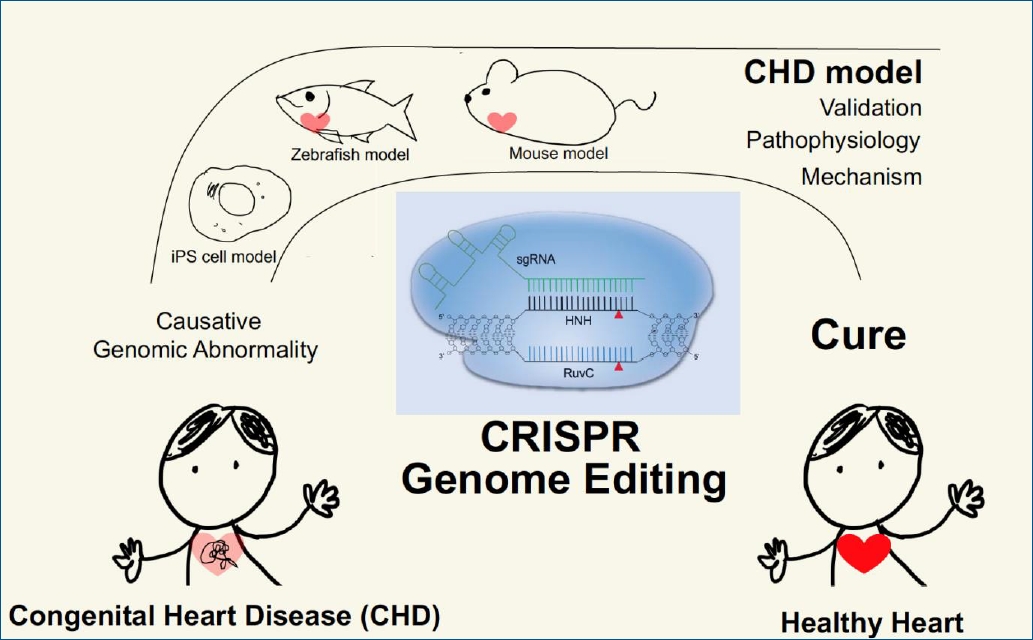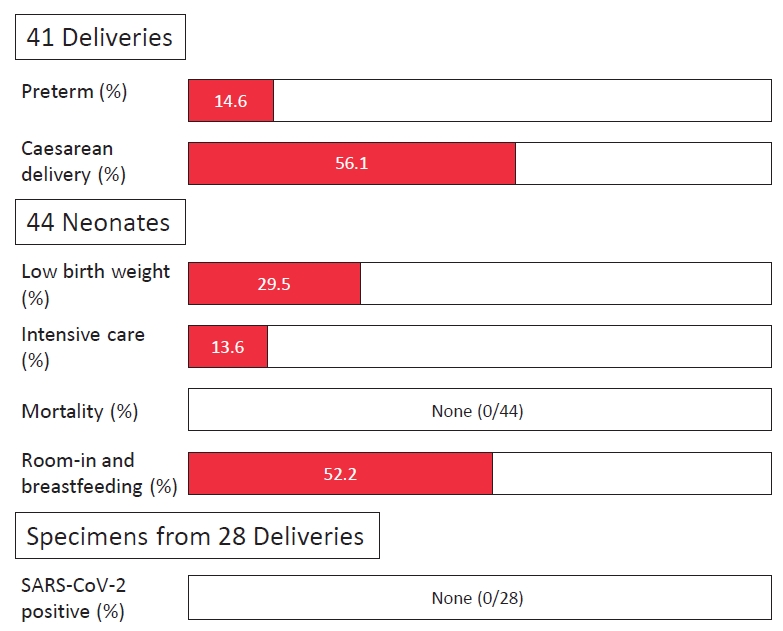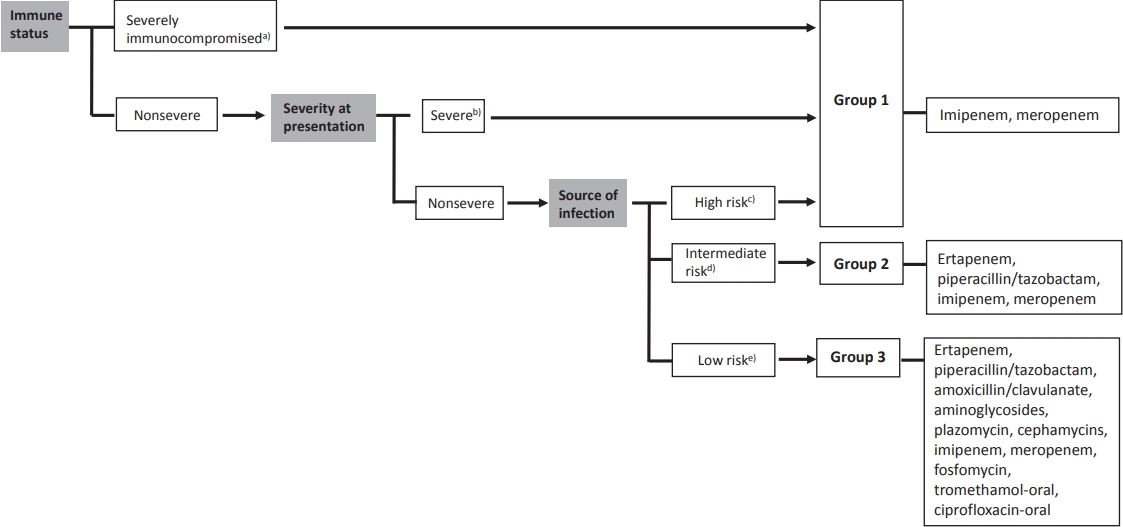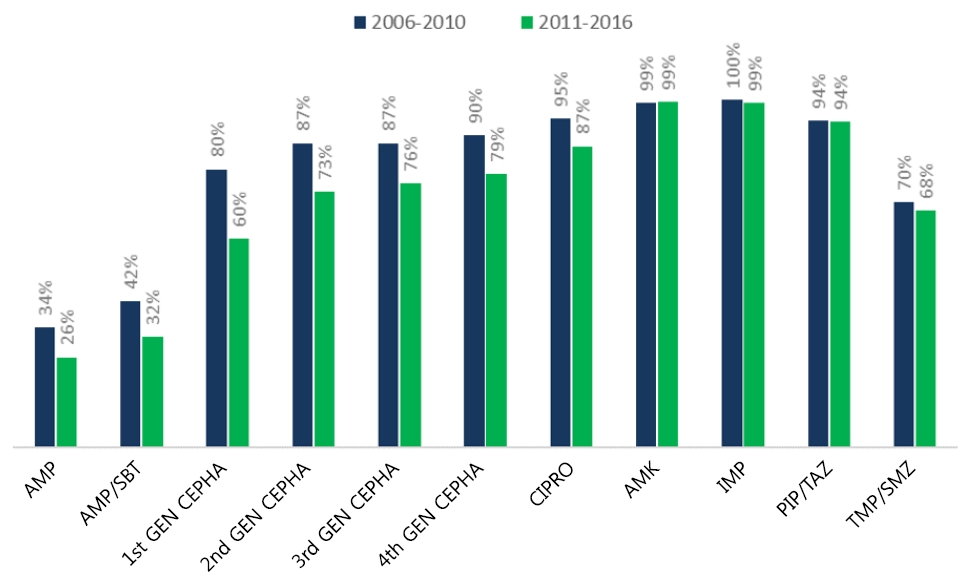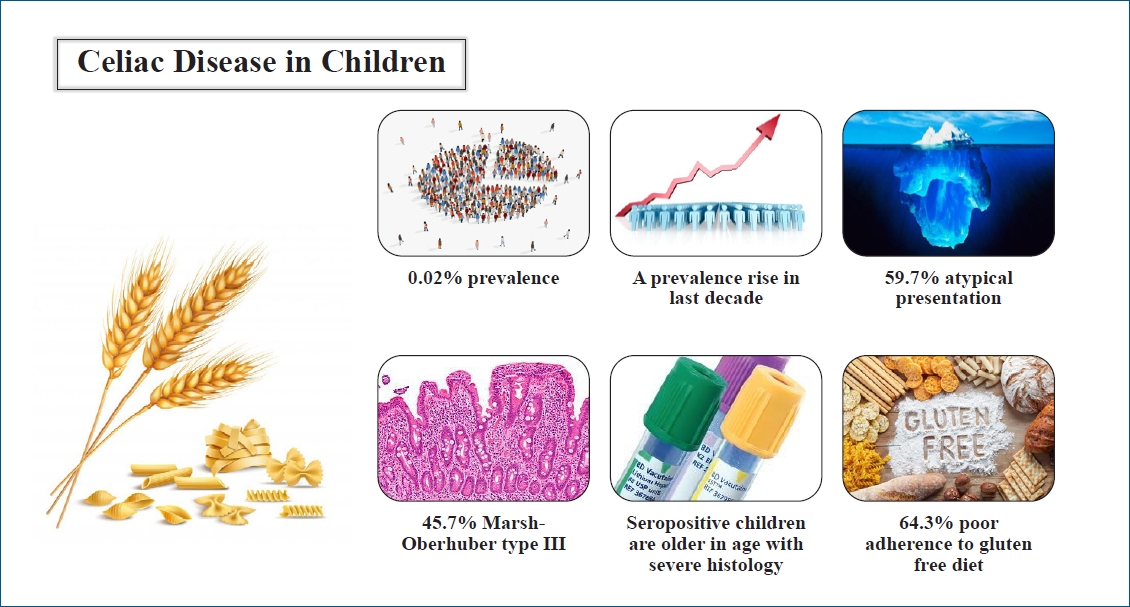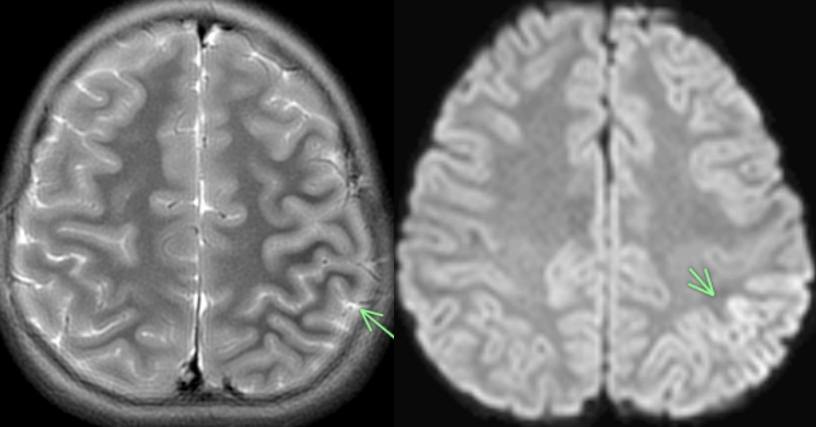Previous issues
- Page Path
-
- HOME
- BROWSE ARTICLES
- Previous issue
|
- Review Articles
- Editorials
- Original Articles
- Clinical note
-

-
-

-

-
Impact Factor4.2
-
6.52022CiteScore92nd percentilePowered by





